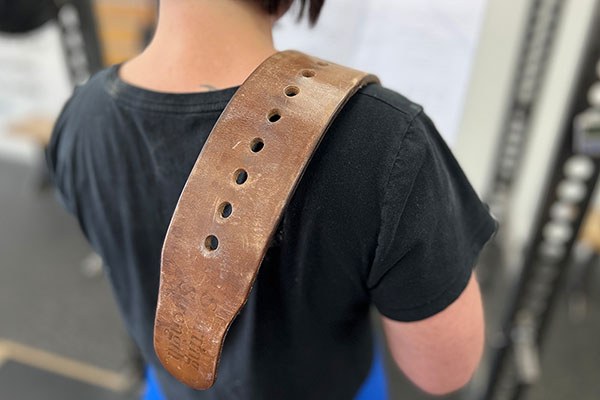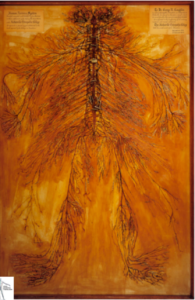You have undoubtedly come across TRX if you have researched some basic workout equipment to exercise at home or on the road.
But what exactly is it, how does it work, and can it be a viable alternative to gym training for muscle gain, fat loss, and overall athleticism?
Read on because we are breaking it all down for you today.
What is TRX, and How Does It Work?
TRX, also known as total resistance exercise, is a suspension kit created by former US Navy SEAL Randy Hetrick.
He came up with the idea for the TRX while deployed in Asia and stuck doing endless push-ups to stay in shape.
While there, he created the first iteration of the TRX from parachute webbings and a jiu-jitsu belt. He used it to train his whole body in a more balanced way without needing access to a fully loaded gym.
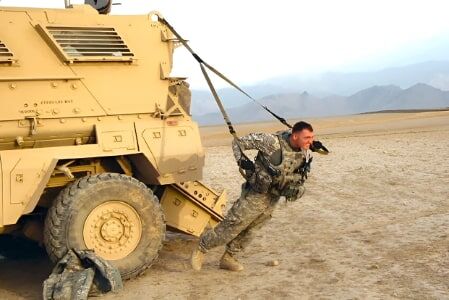
Of course, that version of the TRX is unrecognizable and far from what we know today. But, his initial idea paved the way for arguably the most popular suspension kit beloved by many fitness enthusiasts.
The way TRX works is straightforward. You anchor the TRX kit (typically overhead; we will talk more about that below) and use your body weight against the force of gravity to train the desired muscles.
Despite the simplicity, you can pick from dozens of effective exercises and variations that fit your current abilities and push you just beyond the borders of your comfort zone. While seemingly difficult to use, the beauty of TRX is that it is great for trainees of all levels – beginners and advanced alike.
Can you build Muscle and lose Fat with TRX?
If you are new to fitness or come from a background in weight training, using a suspension kit might not seem like an effective way to build muscle or lose weight. However, the truth is that TRX is effective for both objectives.
First, for muscles to grow, they need to be subjected to increasingly more tension, which you can do with TRX. As mentioned, you can adjust the difficulty of exercises to increase the training stress and force your muscles to adapt by getting bigger and stronger.
Second, fat loss primarily comes down to your diet because the age-old saying, “You cannot out-train a bad diet.” is true. Simply put, it is far easier not to eat 1,000 calories than to burn them through physical activity.
TRX can be a valuable addition to a fat loss plan because it provides a muscle stimulus, allowing you to retain more lean mass while dieting. As a result, you can lose more fat and achieve a lean and athletic physique.
5 Impressive Benefits of TRX
1. Ideal For Full Body Training
Unlike simple exercises targeting one or two muscles around a single joint, TRX typically engages your entire body.
Even if you aim to train a specific muscle (e.g., the biceps), multiple others must assist by contracting to keep you in position while doing your reps.
This means you can more effectively train your whole body without needing to do as many exercises.
2. It Builds Strength and Improves Balance
To continue the discussion from the previous point, TRX exercises are generally more challenging and involve the entire body. Even if you primarily target one area, other muscles assist in keeping you stable and in position.
This means that, while doing a movement to strengthen your upper back (e.g., inverted rows), biceps (e.g., bodyweight curls), chest (e.g., flyes), or quadriceps (e.g., Bulgarian split squats), other muscles also work hard to keep you in position.
The advantage here is that this builds whole-body strength and improves your balance.
3. You Can Use it to Train Almost Anywhere
We are firm believers in simple and practical solutions, especially while traveling. Having access to a full gym, even on the road, is fantastic, but it may not always be possible.
The great thing about TRX and similar tools is they allow you to have a solid workout almost anywhere. Whether in a hotel room, at home, outside, or in a small and bare hotel gym, you can use the suspension kit to challenge yourself and get closer to your goals.
A growing number of hotels now incorporate TRX equipment into their gym facilities, reflecting a trend we are excited to see. For travelers interested in maintaining their TRX workout routines while on the road, HotelGyms.com allows users to easily search for and discover hotels that provide the specific gym facilities they prefer, including those equipped with TRX equipment.
4. It is Customizable Based on Fitness Levels
Using a suspension kit to exercise might seem like a bad idea if you are a beginner because some movements can be intimidating. But do you know what?
An overlooked TRX benefit is that you can adjust the difficulty of most movements to fit your current abilities. We will go over five ways to do that below.
5. It is Light, Portable, and Affordable
To top it off, TRX is affordable, which makes it a great fitness solution if you are on a budget.
Instead of spending hundreds or thousands of dollars on expensive equipment (which you cannot even take on the road), TRX provides everything you need.
It is also light and compact, which makes it the perfect companion for your travels, along with some other portable fitness equipment.
How to Use TRX On The Road
Get the Right App
The first step is to download a workout app to pair with your TRX kit. One option is the official TRX app, which offers workout plans, live classes, and exercise instructions. This is good if you are relatively new to working out and are unsure how to structure workout plans and what to do.
Another option is to download Fitbod. This interactive app generates workout plans based on fitness level, goals, and, yes, even available equipment.
Its exercise library features TRX exercises. So, when you select the TRX kit as part of your equipment during the setup process, it will automatically generate a workout plan with TRX exercises, such as TRX glute bridges and TRX chest flyes.
However, if you are more experienced and prefer to write workout programs, you can use Hevy. Its exercise library does not have all the TRX movements, but they are enough to get started.
You can add movements to your routine (and even create custom TRX exercises), log your workouts (exercises, sets, reps, weight lifted, and RPEs), and track your performance over time.
Start Your Workout
As noted several times, the beauty of TRX lies in its simplicity and ease of use. Though it may seem complex, you only need a door anchor or strap, which would allow you to use the kit in your hotel room, outside, or at a hotel gym. You get both of these along with your TRX kit.
First, there is the door anchor, which you secure against the top of a door. Attach your TRX kit for a stable foundation to do your favorite movements.
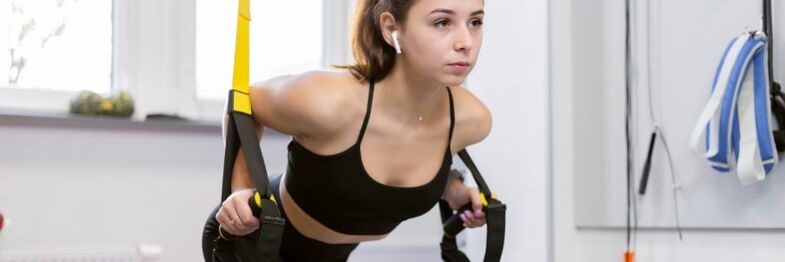
You can also use this in a hotel room because the square part that goes behind the door is covered in soft fabric, so it does not scratch or otherwise damage the door.
Second, you have a TRX strap (also known as a suspension anchor), which you can tie over an object (e.g., a tree trunk, tree branch, or a pull-up bar) and secure in position with the carabiner at the end. Then, simply attach your TRX kit via the carabiner, and you are good to go.
3 Ways to Adjust the Difficulty of Your TRX Workouts
1. Adjust Your Body’s Angle
Let’s say you have set up the TRX kit, but the exercises you want to try feel too challenging (or not difficult enough).
The first and most practical thing you can do is adjust your body’s angle. Doing so instantly changes the difficulty of movements because it allows you to lift more or less of your total body weight.
Take the inverted row as an example. The more upright you are, the less of yourself you have to pull, making the exercise more beginner-friendly. In contrast, leaning back and stepping forward makes you more horizontal, forcing you to pull a larger percentage of your body weight.
TRX works perfectly for this because it comes with adjustable straps, allowing you to lengthen and shorten it to fit your needs.
2. Vary the Range of Motion
Another way to change the difficulty of each rep is to increase or decrease the range of motion.
For example, if you are doing a chest press. The more you lower yourself (causing your arms to bend and your elbow to travel to your sides and behind your torso), the more challenging each rep will be.
If you lack the strength to perform the movement through such a range of motion, lower yourself to a smaller degree–for example, to the point where your elbows are almost to your sides.
You can apply this to any other TRX exercises you try, be it a squat, lunge, inverted row, or bicep curl.
3. Do Circuits
Circuit training is about doing multiple exercises (typically for different muscles) back-to-back with little to no rest in between. This can be a great way to save time and give your cardiovascular system a good workout.
You can do only TRX exercises, like so:
TRX squat ⇒ TRX inverted row ⇒ TRX chest press ⇒ TRX bicep curl ⇒ TRX tricep extension ⇒ Recovery
Or combine TRX with equipment-free activities, like so:
Bodyweight squat ⇒ TRX inverted row ⇒ Push-up ⇒ TRX bicep curl ⇒ Chair dips ⇒ Recovery
Our Verdict on TRX
A TRX kit is an invaluable addition to your fitness arsenal. Affordable, incredibly versatile, compact, and easy to transport, it ensures your workouts remain consistent, whether at home, outdoors, or on the move.
Eager to enhance your travel fitness experience? Do not let travel interrupt your fitness regimen. With our unique GymFactor, you can find the perfect hotel equipped with superior gym facilities, specifically matched to your fitness requirements. Initiate your search today and guarantee your next travel destination supports your fitness objectives. Explore HotelGyms.com now to locate your ideal fitness-focused accommodation!
FAQs
Is TRX suitable for beginners?
TRX works for beginners because there are plenty of movements suitable for newbies, and certain modifications can make each repetition less challenging.
Can I take my TRX kit outdoors?
TRX kits come with a strap (suspension anchor) to tie around objects, such as pull-up bars, trees, and even tree branches, to enjoy refreshing workouts outside.
Is TRX safe?
So long as you secure it as outlined in the instructions and do exercises you can handle, TRX is quite safe.
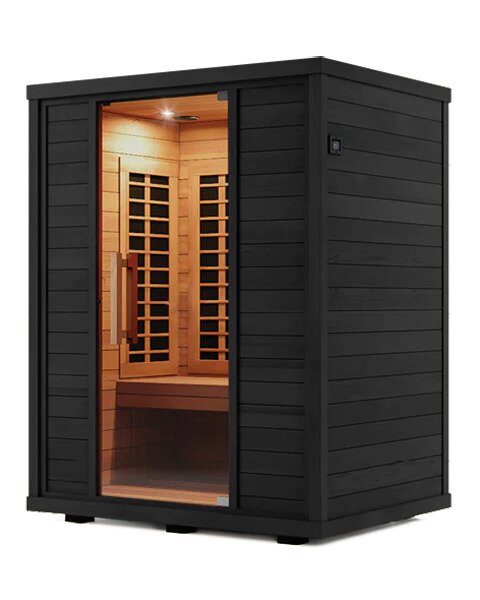
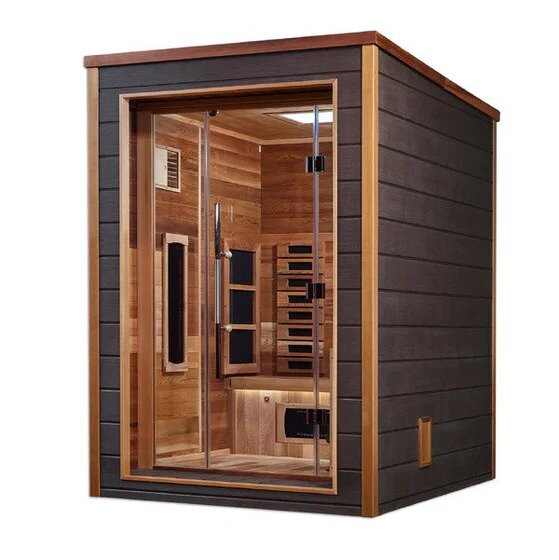
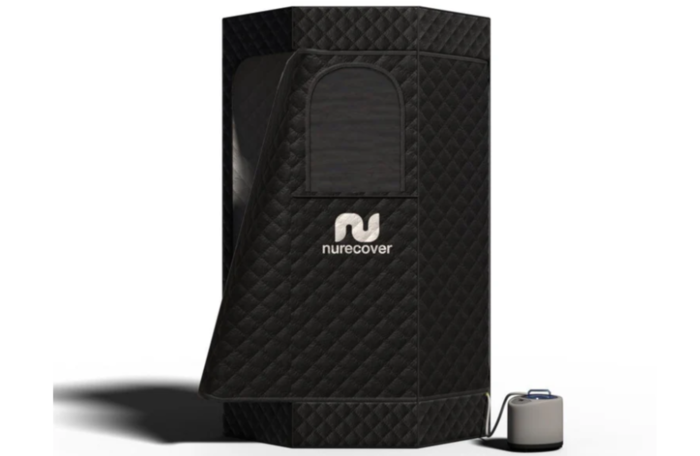
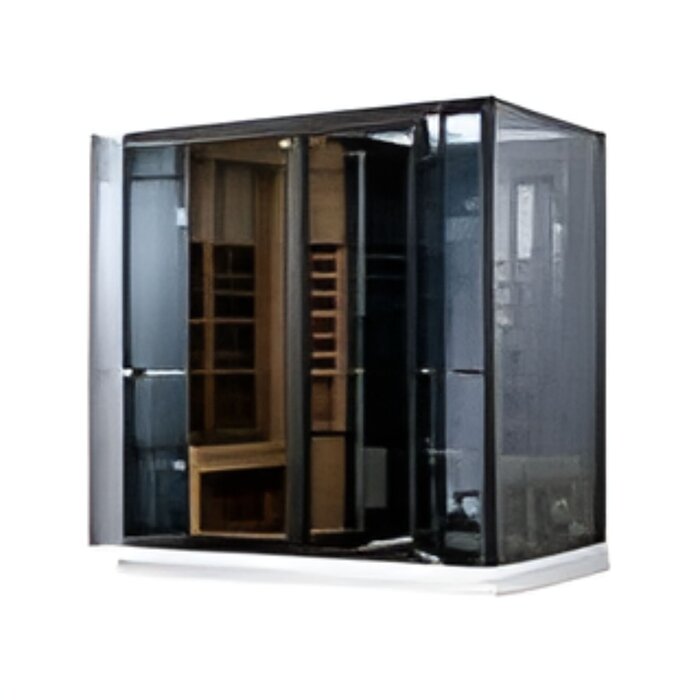
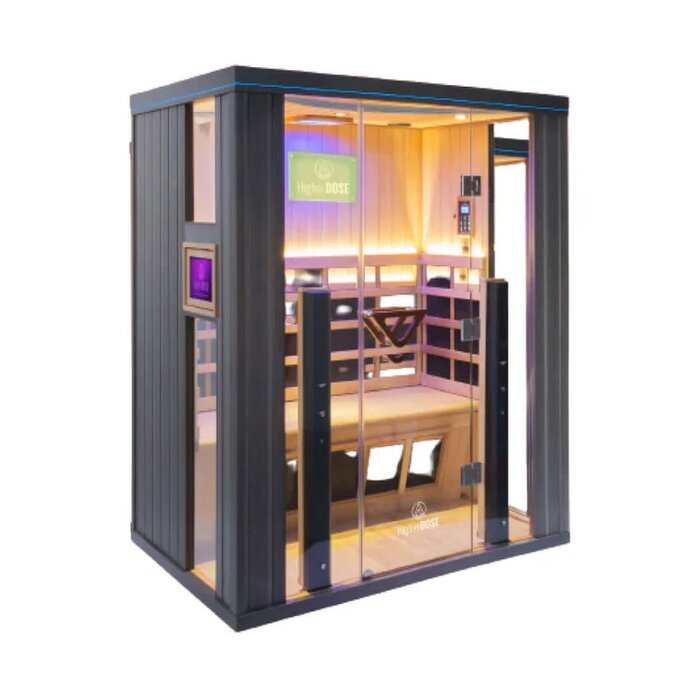


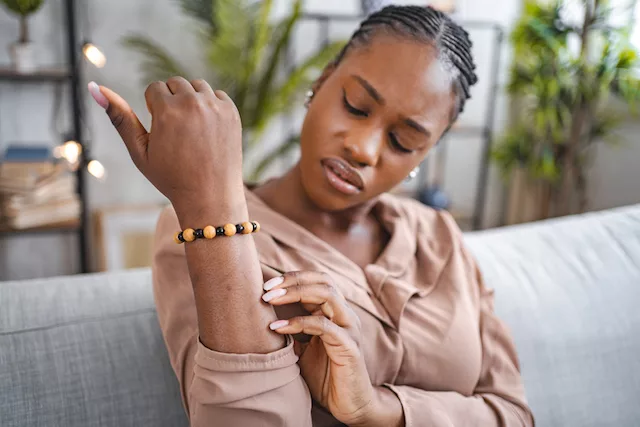
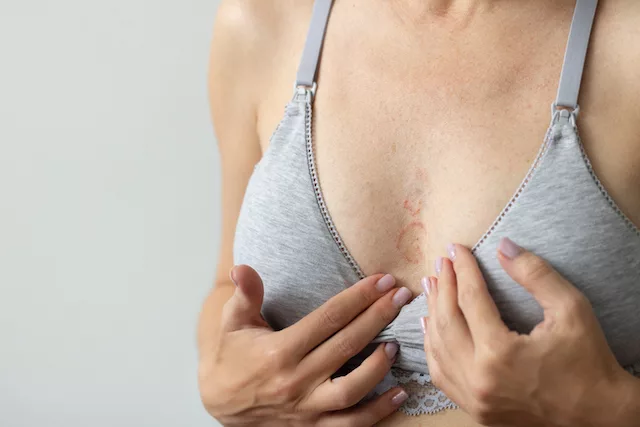





 Compliments Men Want to Hear More Often
Compliments Men Want to Hear More Often Relationships Aren’t Easy, But They’re Worth It
Relationships Aren’t Easy, But They’re Worth It The One Thing Men Want More Than Sex
The One Thing Men Want More Than Sex






